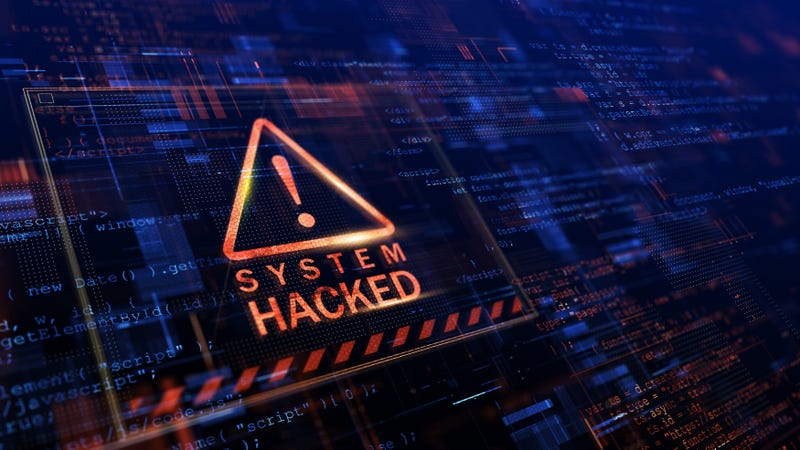
Two years ago this week, a massive cyber attack shut down Colonial Pipeline's main artery running straight through the Upstate carrying fuel to distributors from the Gulf to the mid-Atlantic.
The case ushered in a new level of economic terrorism that forces corporations, government agencies, hospital systems and even churches to defend vital data systems around the clock, and the hackers still get through.
For one thing, the unpredictability of the attacks, the lack of a clear pattern, frustrates defenders. That and the number of breaches that can be traced to simple security lapses. In the Colonial Pipeline case, for example, it's believed the personal password of one employee that turned up on the dark web auction block handed the hackers the key.
The South Carolina Department of Revenue was hacked more than a decade ago adding thousands of taxpayers' names to the harvest of personal information trafficked like catalog merchandise on the dark web. The FBI's 2021 report says cybercrime cost South Carolinians nearly 43 million dollars.
Ransomware is the most profitable weapon in the hands of hacker groups with nerdy-sounding names like Dragonfly, Morpho and Legion of Doom, but the impact is serious: The average breach costs corporations from eight to ten million dollars. While state-sponsored cyber attackers pose threats rivaling military commando operations, other assaults appear to be on the level of vandalism.
For example, the attack on the Spartanburg County communications system last week where malware was planted to disable phone systems. A similar raid at the same time caused the same IT problems for the city of Lowell, Massachusetts.
Also, Greenville the Relentless Church was attacked by hackers who had reportedly bragged online about obtaining names of hundreds of church members along with the financial records of the megachurch.
